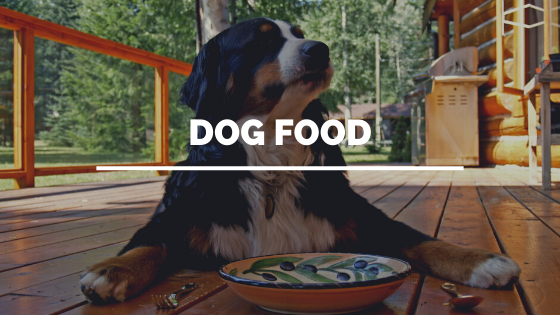
The research of the past few years has indicated that higher levels of protein in your canines diet can lead to kidney failure. Just recently, dog food companies have been addressing this situation and making special low protein foods for canines. It is important to know that what you are feeding your canine is safe. With all the low quality ingredients that go into most dog foods, you could be harming your pet’s health and not even know it.

It is important to know that there is a difference between the classification of canines and felines. Canines are classified as omnivorous, whereas felines are classified as carnivores. There are many canine owners today that may have started out owning felines and are not aware of the difference in both animal’s diets. Because dogs are omnivorous animals, they need a certain balance of protein and of other vitamins and nutrients. One has to think that a dog in the wild that is hunting or scavenging for food will eat both plants and animals. A canine can easily cope with a diet that contains thirty percent protein or more on a daily run. However, every canine will be different and may need to stick with a strict thirty percent protein per day diet. If you are having worries about your canine’s protein intake, it is wise to make an appointment with a veterinarian.
Thankfully, recent research has uncovered that it is no alright for a canine to digest high levels of protein on a regular basis. High levels of protein can only be digested properly if they are coming from an animal source. If you purchase a high quality dog food, such as the Dr. Marty Goldstein dog food, it should contain meat as one of the first main ingredients, preferably the first. This dog food will provide the right amount of protein that your canine needs in their diet. It is good to know that only ten amino acids should be given to your canine’s diet through protein. Your canine is only able to produce twelve out of twenty two amino acids in their liver.
It is usually not a good idea to put older dogs on a low protein diet simply because of their age. The truth of this matter is that most older dogs usually need a diet that is higher in protein than regular. So, unless your veterinarian suggests a change in diet for your older pet, do not move them onto a low protein diet. As for protein as a whole, it is a good thing to include in your canine’s diet in the right amount.


